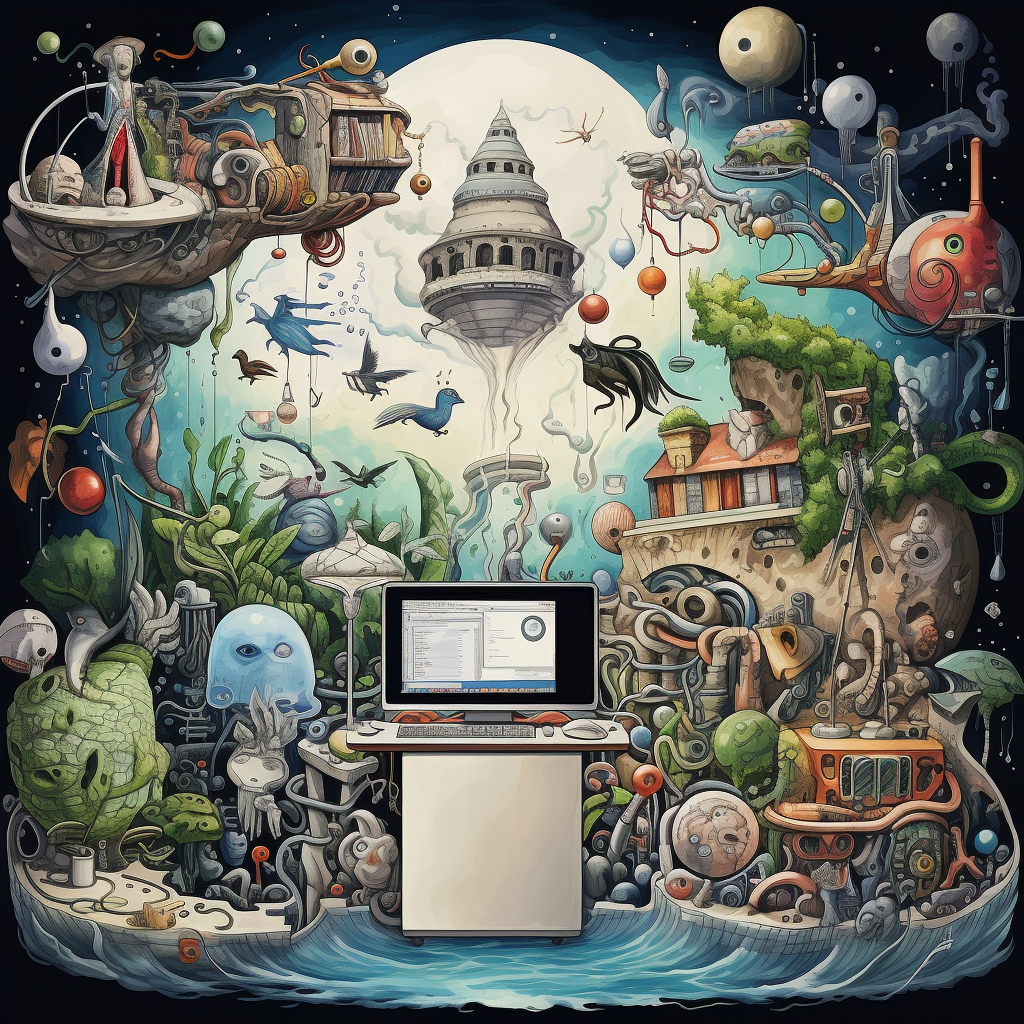Day 17: Exploring Decentralized Autonomous Organizations (DAOs)
Welcome, crypto aficionados, to Day 17 of our crypto exploration! Today, we embark on a journey into the captivating world of Decentralized Autonomous Organizations (DAOs). These entities redefine governance, placing decision-making power directly in the hands of the community through the magic of smart contracts. Let’s delve into the core principles, explore notable projects, discuss advantages and challenges, and ponder the future role of DAOs in the crypto landscape.
notable projects, discuss advantages and challenges, and ponder the future role of DAOs in the crypto landscape.
Understanding DAOs
Definition and Principles: Decentralized Autonomous Organizations operate on the principles of decentralization, autonomy, and community-driven decision-making. Built on blockchain technology, DAOs utilize smart contracts to automate governance processes.
How DAOs Work: DAOs function through proposals and voting mechanisms. Participants submit proposals, and the community votes on these proposals using their tokens. If a proposal receives enough support, the smart contract executes the decision.
Notable DAO Projects
The DAO: “The DAO” stands as a pioneer, introducing the concept of DAOs to the crypto world. However, its story took an unexpected turn due to vulnerabilities in its smart contract, resulting in a significant Ethereum blockchain fork.
MakerDAO: Enter MakerDAO, a trailblazer in decentralized finance (DeFi). Governed by MKR token holders, MakerDAO enables users to generate the stablecoin DAI by locking collateral in smart contracts. This project showcases the potential of DAOs in shaping the future of finance.
Advantages and Challenges
Advantages of DAOs:
- Transparency: All decisions and transactions are recorded on the blockchain, ensuring transparency.
- Reduced Intermediaries: DAOs eliminate the need for intermediaries, fostering direct community involvement.
- Community Engagement: Participants have a direct say in governance, promoting active engagement.
Challenges of DAOs:
- Smart Contract Vulnerabilities: DAOs face risks associated with smart contract vulnerabilities, emphasizing the need for thorough audits.
- Decision-Making Conflicts: Disagreements among community members may arise, posing challenges in decision-making processes.
- Regulatory Landscape: Evolving regulations can impact the legality and functioning of DAOs.
The Future Role of DAOs in Governance
Evolving Landscape: DAOs are evolving beyond traditional governance structures, exploring new roles such as funding allocation, project development, and protocol upgrades. This evolution contributes to the broader decentralization of decision-making processes.
Integration with DeFi and NFTs: DAOs play a crucial role in decentralized finance (DeFi), influencing lending, borrowing, and liquidity provision. Additionally, they are becoming instrumental in managing non-fungible tokens (NFTs) and digital assets, expanding their impact across various sectors.
Your Action Item for Today:
Participate in a DAO governance platform or explore DAO-related projects to gain firsthand experience with decentralized decision-making. Share your insights, challenges, and discoveries in the comments, contributing to our collective understanding of DAOs.
Tomorrow, we’ll dive into the world of yield farming and liquidity mining, where crypto enthusiasts can earn rewards by providing liquidity to decentralized platforms.
Happy exploring!
James
PS – Dont forget to purchase your crypto at a trusted exchange and to store your crypto in a cold wallet!
